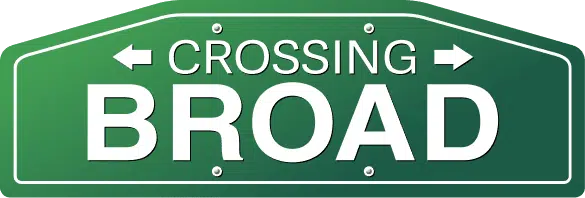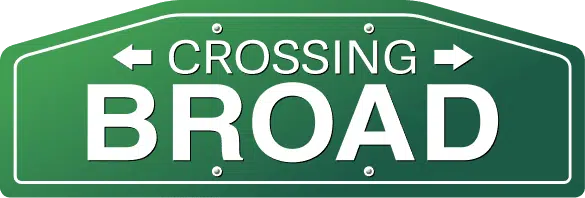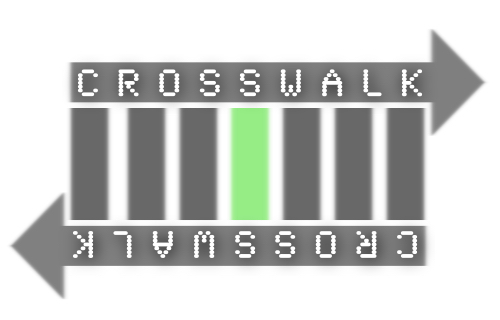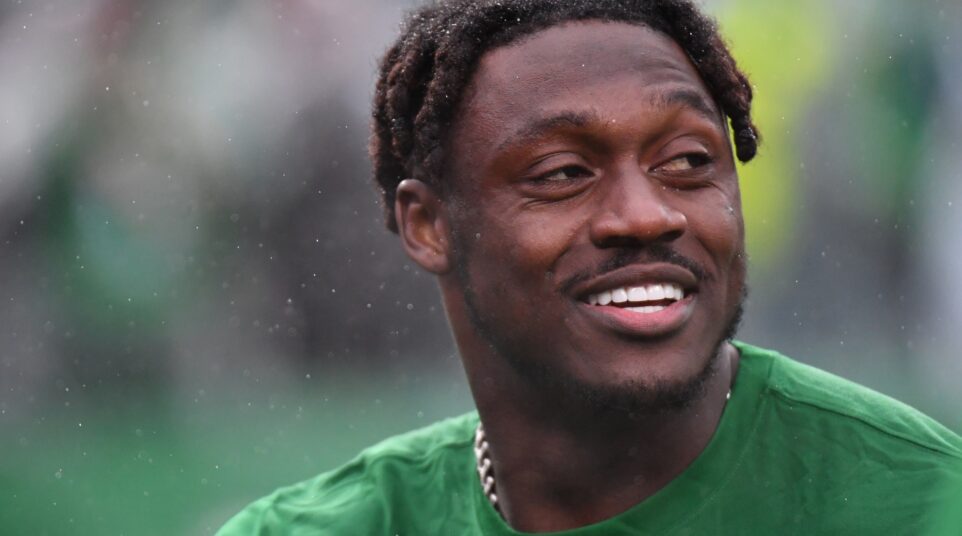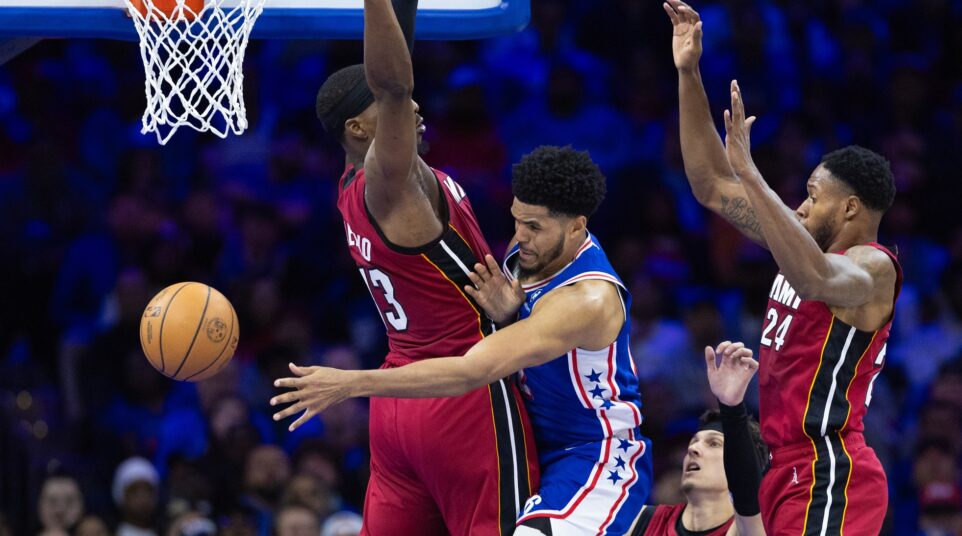What to Make of the Tim Tebow Act And Home-Schooled Athlete Debate
This post is part of The Crosswalk, Crossing Broad’s reader submitted section. While checked for basic quality and readability, it is not edited by Crossing Broad, and all opinions expressed are those of the author, for better or worse. If you’re interested in having your work appear on Crossing Broad, fill out the short sign up form here.
He may never play a snap for the Philadelphia Eagles—thus having wasted his last chance to make a comeback in the NFL—but Tim Tebow has (indirectly) found a way to make his name stand for something other than genuflecting celebrations and shitty quarterback play: the Tim Tebow Act. The legislation, which is on the books in about 30 states, enables home-schooled students to participate in athletics and other clubs at their local high school. And not-so-surprisingly, the Tim Tebow Act, much like its namesake, is considered highly controversial.
For my day job (editor of a trade publication), I spoke to Bob Gardner, the executive director of the National Federation of State High School Associations, about the Tim Tebow Act. NFHS, which is the umbrella organization for all of those state athletics associations (the PIAA), finds itself in the middle of a hotly-debated issue.
Alabama is on the verge of becoming the latest state to have such a law on the books, but the state’s athletics association is not having any of it. Closer to home, Pennsylvania passed “Tim Tebow legislation” back in 2011, and the PIAA incorporated it into its eligibility requirements shortly thereafter.
NFHS remains very much down the middle on the issue according to Gardner. “We’ve not taken a stance, and we really think it would be inappropriate for us to do so because eligibility is a state-association matter,” he said in our interview. “We leave that up to the state associations, and it will evolve according to what their standards are.”
Though they will not take a side, NFHS has served as a venue for debate on the topic in the past, so Gardner has been able to hear the take from both sides of the room.
“The upshot from those people who have permitted it is that it’s not been a problem and that for the most part it is not widespread,” he said. “The other side is that, initially when state associations were formed, one of the abuses that was occurring is that teams would play maybe two contests, and in the first contest School A would win, and then the next time they go to play School B would have recruited coal miners and industrial guys that were maybe over age to play for them. That’s why state associations came into existence, to stop people who didn’t even go to the school from playing for the school. … Home-school students choose not to go to that school, so [their thought is] why should they get to play for a school?”
Let’s explore that question for a minute, because it’s an interesting one. Why should a home-schooled student get to participate in athletics at a school they don’t even attend?
There’s one enormous, gigantic, expensive (in most cases) reason why this really should be a non-issue, and why the Tim Tebow Act shouldn’t even need to be a thing. Local taxes. Families that live in a municipality, whether or not they have children who attend the local public school, pay taxes to support said public school. That money is then used to fund various operations throughout the school, including athletics programs. So, even if you have a home-schooled student, you’re paying taxes that benefit the public school system.
Families have a variety of reasons for wanting to home-school their child/children. To each their own, if you ask me. But for that home-schooled student, the opportunity to play on a school team is a tremendous way to participate in social experiences. There’s a harsh misperception that home-schooled students sit at home all day and do nothing after they finish their school work. That’s simply not true, but at the same time sports offers an entirely different way for them to get out of the house and interact with kids their age and just be active in a competitive environment. And the whole mission of sports is participation and inclusion and welcoming everybody into the fold. (Go read the International Olympic Committee’s charter and bylaws.) So why should that fold stop short of home-schooled athletes?
Gardner even admitted that fact during our interview: “There’s not a clear cut right or wrong to this issue. People who maintain those standards, I can certainly see and understand that,” he said. “On the other hand, we’re all about participation and wanting people to play, so those states who’ve chosen the other route to allow young people to play, that has merit as well.”
A very tightrope-walking kind of answer, but the way I read it, it sounds like he’d much rather see states be welcoming to home-schooled athletes.
Honestly, what’s the harm? A majority of high school sports teams institute some form of try-out system when putting together a varsity sports team, so one would have to assume that a home-schooled athlete would have to go through that same system. Chances are, they aren’t going to be all Tim Tebows (for the love of God, one’s enough)—some will make a team, others might get cut. Is the travesty here that, if a home-schooled student makes the team, one non-home-schooled student’s place is lost? If so, I’m sorry, but maybe there’s a reason your son or daughter didn’t make the team in the first place. Life is filled with harsh realities, and maybe it’s better to find out sooner rather than later that your little one isn’t going to become some professional athlete who can support you with their $millions later in life.
And beyond those try-out sports, there are teams (and let’s not forget the clubs like band or the play) that try to find a spot for everyone interested. You didn’t get the lead role in Peter Pan, but you can certainly be one of Hook’s shipmates; in wrestling—my sport of choice—there were only a handful of varsity spots, but hell if we didn’t still field a team of nearly triple-digit grapplers.
Welcoming home-schooled students onto the fields, courts, mats, stages, etc., at our local public schools (as long as they meet other age/grade/academic performance qualifications that come along with the ability to participate in a sport) should be a no-brainer.
Follow @rlstott on Twitter, and visit www.fullycoveredsports.com for more.
